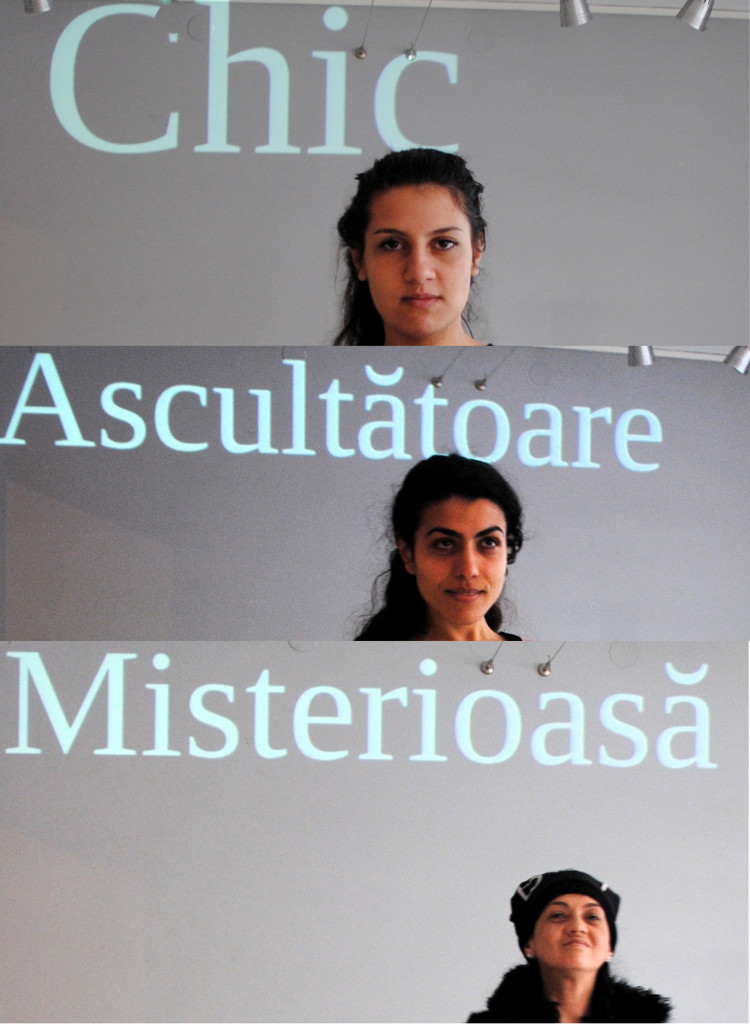NAG 2015
NOAPTEA ALBĂ A GALERIILOR | GALLERY NIGHT 2015
 PARADAIZ TAPE MAȘINA
PARADAIZ TAPE MAȘINA
Mixed media presentation
19.30
Beginning of the 90s, on the background of the fall of the communist regime and the start of an obsessive transition, a new music scene exploded in Romania. One that was completely neglected and even rejected by the mainstream media – so it never made into pop – which built its own systems of production and distribution, functioning as a counter-culture. The so-called “Albatros generation” produced a genre that was observational and deeply rooted in the mundane, speaking, just like authentic hip hop, the language of the street, and rapidly swallowing various influences, from mainly Balkan folklore, gipsy and Oriental rhythms to, sometimes, tropical sounds.
These were the first musicians to travel freely in the neighboring countries and feed a young generation obsessed with Turkish jeans and tapes with a music that rapidly compressed the “East-West and back to the East” cultural axis. A whole grey market and exchange of cassettes flourished, together with micro recording studios and a system of distribution in a peculiar DIY spirit. It appealed proletarians all over the country and brought the sounds of cheap synthesizers to the masses, as every second town/village had its own such band with at least one Roland E-500 or Casio CTK that came with Arabic preset sounds.
PARADAIZ TAPE MAȘINA is a project born to preserve, archive and analyze this very poorly studied and almost forgotten, yet fairly exotic scene of Romania in its transition years.
This event is co-presented by Rokolectiv with SHAPE platform and ODD.
The lecture is in Romanian.

Gadjo Dildo
Actresses: Elena Duminică, Mihaela Drăgan, Vera Linguraru, Zita Moldovan
Music: Elena Albu (live performance)
Choreography: Paul Dunca
Director: Mihai Lukacs
22.00 – 2.00 on the hour
Gadjo Dildo is a cabaret-type show starring three Roma actresses. Following the experience of these very different Roma women, we are ironical about their hypersexualization by gadjei, but also the minimization of their sexuality by the traditional communities they are part of. The show functions as a sort of telescope through which one may look at a faraway land where Roma women live – with wishes, hopes, reactions and visions that go beyond the socially acceptable stereotypes our times associate them with.